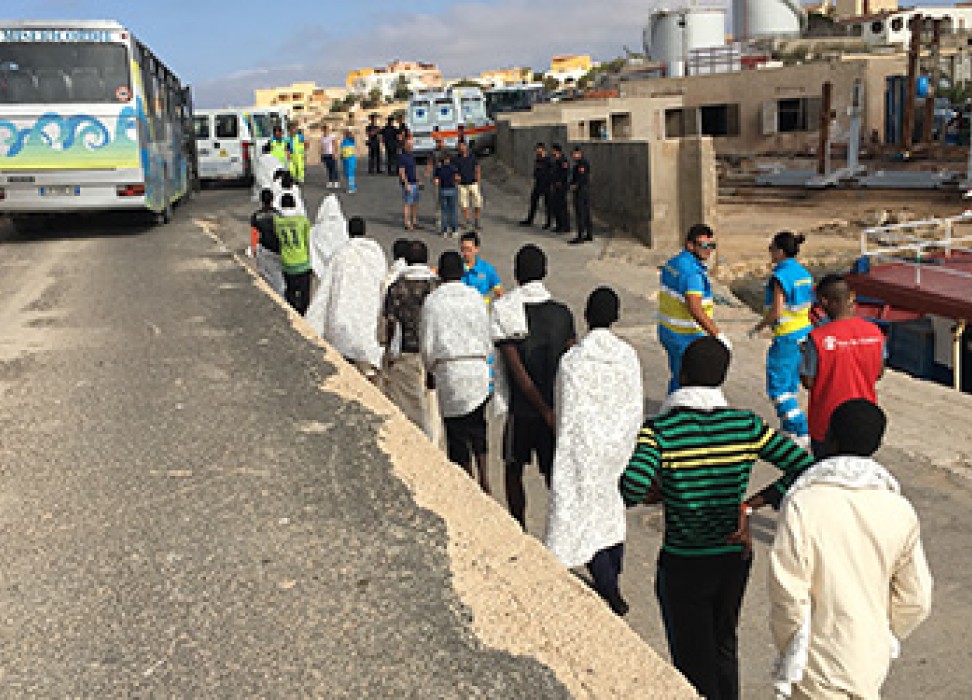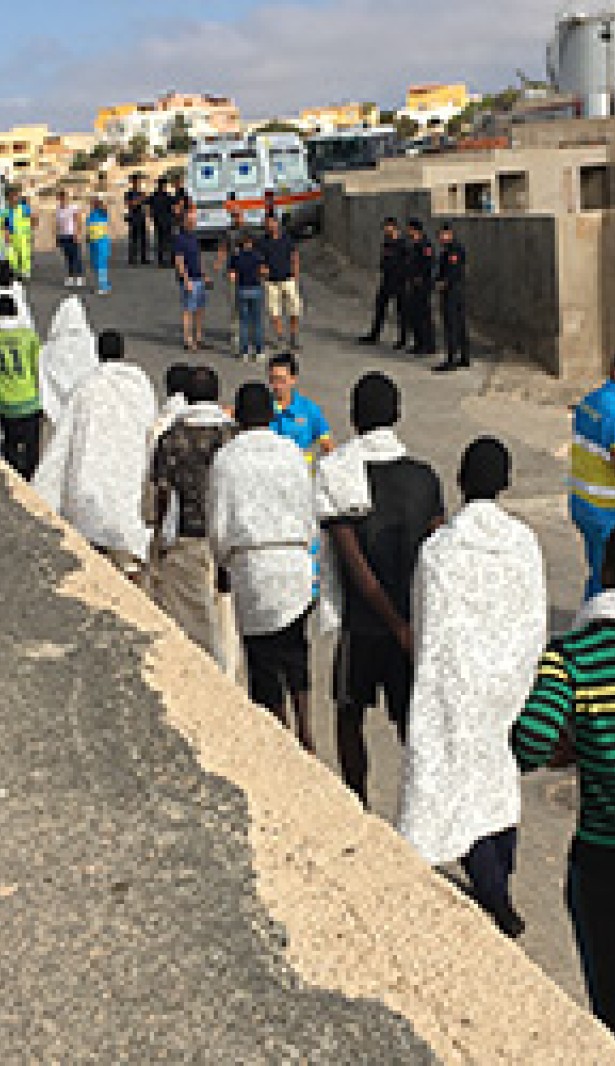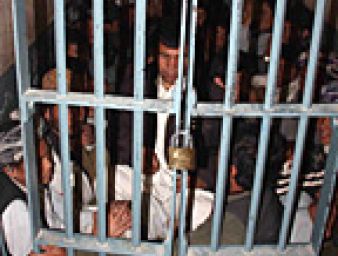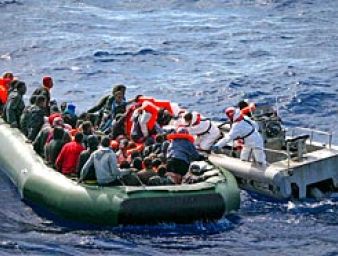Migrants cling to dreams as they await uncertain future
25 July 2016

Daouda speaks slowly and hesitantly, his eyes cast down. His story is confused and confusing but is no less harrowing for that. Originally from Guinea, he crossed several African countries before reaching Libya.
“The Arabs took us to the sea,” he says, recounting how smugglers set him and 130 others off on a perilous journey across the Mediterranean in a rubber dinghy. “The water came in and was up to my ankles, but I tried to stay calm as I knew other people would panic. I scooped the water out with my t-shirt.”
Daouda’s boat was eventually rescued by the Italian Coast Guard and he had been held in the migrant registration centre on the Italian island of Lampedusa for five days when he spoke to a monitoring team from the UN Human Rights Office.
The Lampedusa “hotspot”, as it is known, is one of four such locations in southern Italy where migrants rescued at sea are registered and screened as part of the evaluation of what should happen to them.
“I have asked for asylum,” says Daouda, who is 17 and as a minor will not face expulsion from Italy. Daouda may have understood the options open to him but many migrants are not aware of the processes when they arrive.
The Human Rights Office team that visited Lampedusa and other centres spoke to a number of adult migrants who had little understanding of the importance of the initial interview upon arrival at the hotspot. The interview is not definitive but it does start the process of determining whether a person will be entitled to remain in Italy, be relocated to another EU State, or faces being returned to their country of origin.
“There is an overwhelming lack of information,” said Pia Oberoi, the UN Human Rights Office’s Advisor on Migration and Human Rights. “This is not just when they first get off the boat but in the centres. You have children who have been there for months, you have adults that are in vulnerable situations who have no idea what the future holds.”
Despite the efforts of some international organisations and NGOs working at the hotspots, people are not always informed of their rights and interpreters are not always available, vital as some of the migrants are illiterate.
The Italian authorities point to the challenges of receiving migrants. More than 150,000 people arrived in Italy in 2015; so far in 2016 some 80,000 have come. The Italian Government is working with international partners to try to improve the information given to migrants. The Italian Ministry of the Interior has, for example, collaborated with the UN Refugee Agency to produce leaflets specifically aimed at unaccompanied children.
“This is a good step, which we hope will help to ensure that the human rights of unaccompanied minors are guaranteed,” said UN Child Rights Advisor Imma Guerras-Delgado.
According to the UN Human Rights Office team, greater involvement of international organisations and NGOs could help to improve the way information is conveyed to migrants on arrival. This could also mean more support in identifying people who may be particularly vulnerable, such as victims of torture or trafficking.
Daouda doesn’t know how long he will be at the hotspot. Adults are generally transferred on within a few days but finding places for minors is more of a challenge for the Italian authorities.
Amid the uncertainty, he clings to the dream that sustained him on his journey. “I ask that God helps me to go to school. I want to study,” he says.
This is the second article in a four-part series about the mission to Italy by UN Human Rights Office team from 27 June to 1 July. Read the other stories here:
- Security at forefront as Italian island receives migrants
- Italy’s migrant hotspots raise legal questions
- Child migrants’ future in Italy “must not depend on luck”
25 July 2016



